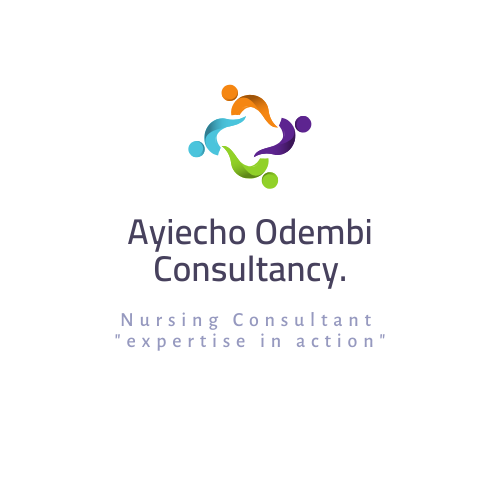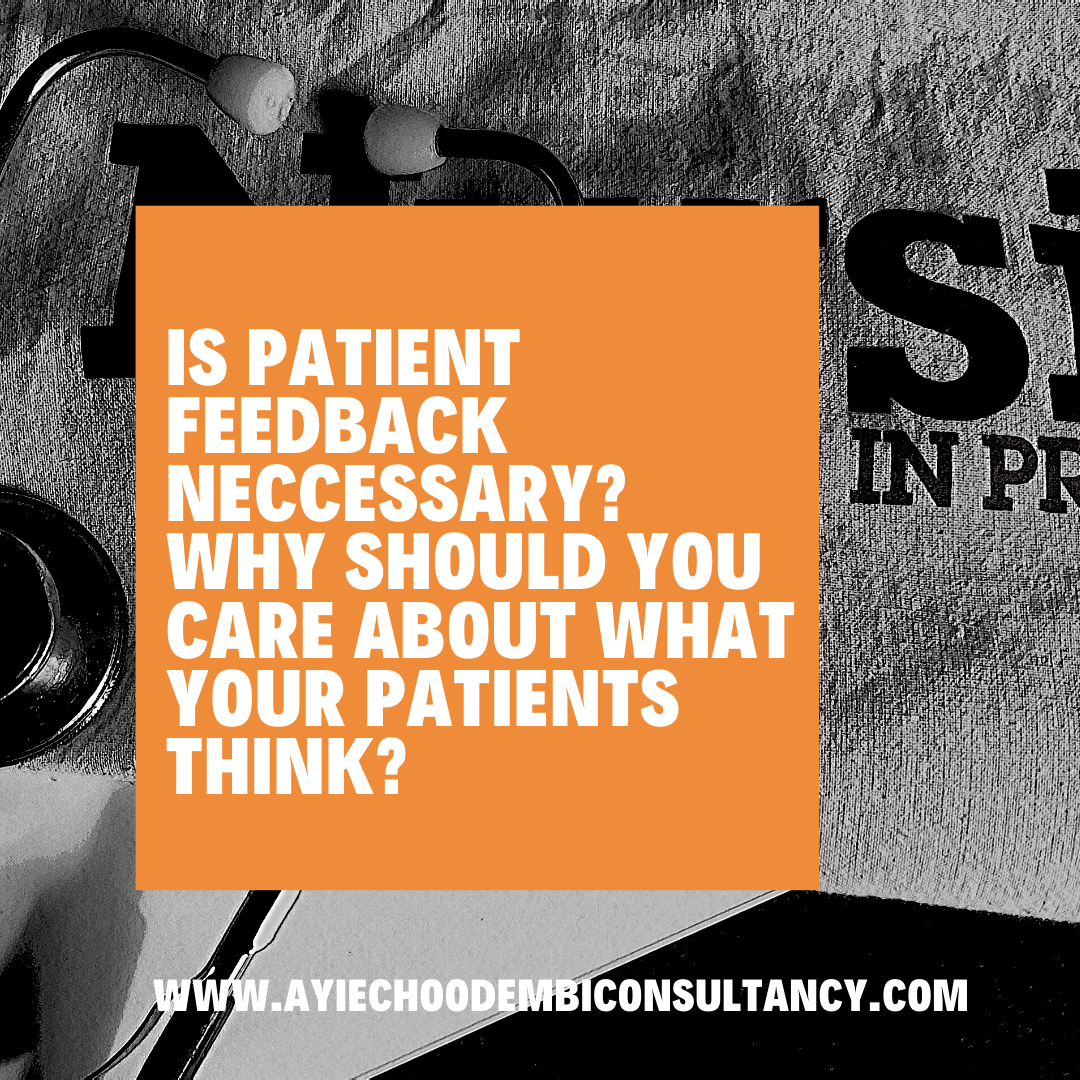Pulse Oximeters and the issue of Skin Colour: A PATIENT SAFETY ISSUE!
It is 2023 and years after the issue of bias in readings when it comes pulse oximeters and Black Skin was first raised, it has still not been fixed, leading to harm being caused to Black patients due to incorrect readings that lead to delayed or improper treatment.
“Since the start of the pandemic, the popular medical device has been indispensable for measuring oxygen in the blood, but dangerously inaccurate in patients with darker skin. Now the FDA is in the hot seat and Black researchers are working on a cure”.- Forbes
According to a recent article in Forbes by Amy Feldman , in one year alone, 11 hospitals in and around Baltimore had sent home 1,012 Black patients who had dangerously low, life threatening, low oxygen levels despite having normal readings on Pulse Oximeters! That alone should send shivers down our spines if you look at the numbers globally, since these devices are used worldwide.
This is even more shocking given that during the pandemic ( which is still ongoing, with long lasting effects), people were encouraged to buy pulse oximeters and keep them at home, as a safety measure, because it was found that one indication of deteriorating health, despite one feeling well, was a low oxygen saturation level. But we have since found out that, they give false readings when it comes to those of us with darker skin!
Although the article focuses on the American population and their own regulatory bodies i.e the FDA, this has far reaching implications for patients everywhere, even here in the U.K, given that these devices are used in every hospital and around peoples homes and also the fact that the UK government is moving healthcare to the home via ‘Virtual Wards’ , which rely on data produced by these devices and others linked to phones or smart watches. If the bias in reading is not fixed, then i fear that more harm will be caused to a population that is already bearing the brunt of medical racism! We have not even touched on Clinical Research Trials!
While some manufactures are tweaking their devices to correct this huge, life threatening anomaly, there is still a danger posed by pulse oximeters that are manufactured abroad and sold online on sites like Amazon and online stores with the danger being that they have not passed rigorous testing and approval by regulatory bodies like the FDA in America and the Medicines and Healthcare products Regulatory Agency (MHRA) here in the UK.
I hope that the MHRA will follow their American counterparts in holding the manufactures of these devices to account and also protect the public from defective, life threatening pulse oximeters that are sold online and in stores, by allowing only tested, regulated and licensed pulse Oximeters, to be used in all clinical settings ( Research Included), as well as in our homes( with regards to those purchased online).
We should not be harmed or worse still, die because of the Colour of our SKIN!
Black Women and Breast Cancer: raising awareness through patient stories
Black women are twice as likely to be diagnosed with advanced breast cancer in comparison to white women.
NHS England and NHS Improvement feature Leicia’s story about breast cancer. Click on the link below to read more about it from their instagram page.
'Black women are twice as likely to be diagnosed with advanced breast cancer in comparison to white women. This #BreastCancerAwarenessMonth and #BlackHistoryMonth, I want to share my story to help raise awareness.' Read Leicia's story in full. https://instagram.com/p/CU7Fyn0jfUo/
The Unofficial Guide to Nursing while BLACK: An Ebook.
Racism in the NHS and other organisations is still an ongoing issue that has been highlighted by the recent black lives matter movement as well as the COVID19 pandemic. It is also great that more and more people are coming out and being vocal about it and calling for change which in my opinion is way overdue. I am also encouraged by the younger generation who are coming up the ranks and calling out incidences of racism and inappropriate behaviour. While all this is good and looks like we are heading in the right direction with regards to stamping out racism within and without the NHS, we must not lose sight of the fact that there are colleagues who are living this sad reality at this moment any given day up and down the country with serious consequences for their lives, livelihoods, health and family life and it can be a very lonely and frustrating place to be in.
The COVID19 pandemic and the Black Lives Matter movement have highlighted the issue of continued racism within the NHS and the wider work community. A number of recent studies have shown that black people still face alot of racism and job discrimination in the United Kingdom(U.K). Indeed a disproportionate number of Black, Asian and Minority Ethnic(BAME) nurses and midwives get referred to the Nursing and Midwifery Council (NMC) by their employers as opposed to their White counterparts, this is according to findings published by the NMC of their - Equality, Diversity and Inclusion research⁴ with the NMC not faring any better in dealing with racism within its organisation and in how it deals with the findings that a disproportionate amount of BAME nurses are referred to them under fitness to practice. It is disheartening and plainly unbelievable that in 2021 we are still talking about race and racism and that as a black nurse, indeed a black worker anywhere, i have to put in three times the effort, triple check my work and be in constant awareness of systems and regulations that in some instances sorely exist to trip me up. It is frankly exhausting but until change comes and I would like to believe that it will come, we still have to be on our guard, double up and prove ourselves over and over again. In this unofficial guide, I aim to pass on some of the gems I have learned and have been passed on over the years in what I call the extreme sport of nursing while black, in the hope that it will help my fellow Black Nurses navigate their workplaces, maybe even the playing field a little bit while we wait for changes to take place within and without our workplaces.
There are brilliant people out there who are voicing their concerns and shaking up the status quo. Silence is no longer an option. We must make our voices heard. Dr Maya Angelou sums it up beautifully in this quote below.
“When you know you are of worth - not asking it but knowing it - you walk into a room with a particular power” - Dr Maya Angelou.
World Elder Abuse Awareness Day
Raising awareness this World Elder Abuse Awareness Day.
Help raise awareness and stop Elder Abuse this World Elder Abuse Awareness Day. To mark the Day, The World Health Organisation ( WHO ) has produced some handy information to help raise awareness. Find out more at:
https://www.who.int/en/news-room/fact-sheets/detail/elder-abuse
Cervical cancer awareness
Read Sarah Graham's brilliant and timely article(link below), highlighting the importance of having your smear test but also raising awareness about having a smear test not being a full gynaecological MOT as erroneously believed by 1 in 3 women in a research study carried out by The Eve Appeal. #knowyourbody
Focus on Informed Consent
Great Blog post below on the Patient Safety Learning site about Findings in the Cumberlege Review with a focus on Informed Consent. This is very relevant and important especially now that NHS Improvement England are looking into putting patients at the heart of patient safety.
Do Not Resuscitate- what do your family know?
14 years ago today my very patient better half almost killed me( it’s not what you are thinking).......well it could be argued that I was dead anyway but that's a story for another day ( when i almost became a Never Event statistic!).
A bag valve mask
14 years ago today my very patient better half almost killed me( it’s not what you are thinking).......well it could be argued that I was dead anyway but that's a story for another day ( when i almost became a Never Event statistic!).
It all started after an emotional episode of Greys’ anatomy where I declared I never want to be resuscitated but never got to really explain under what circumstances (I thought I had!). Well the day comes when I'm lying there being resuscitated x 3, himself in shock, resus successful, emergency surgery..... surgeon comes out to inform himself that they have managed to save me and that’s when he informs the surgeon that I'm against being resuscitated! We are all glad he failed to mention that while i was being resuscitated prior to surgery. I have now clarified the circumstances under which i would not want to resuscitated .
Have you talked to and explained to your loved ones your wishes when it comes to #resuscitation #endoflifecare
Nursing Standard on Instagram 16th March 2020
Nursing standard¹ have a great article about Marie Curie’s Talkabout campaign, that encourages people to openly talk about death and dying. They also had a feature on nursing and DNACPR orders², that clarifies the Nursing and Midwifery councils position on nurses who don’t start CPR where a DNACPR order is in place.
Links to the articles can be found below.
Nursing Standard( Linkedin): https://rcni.com/nursing-standard/opinion/comment/talking-about-death-and-dying-covid-19-has-taught-us-not-to-wait-161456 [Accessed June 2020]
Nursing Standard: https://rcni.com/nursing-standard/newsroom/news/nursing-and-midwifery-council-clarifies-its-position-nurses-who-do-not-start-cpr-159536 [Accessed June 2020]
Is patient feedback relevant and/or necessary?
Importance of feedback and how it can be used.
We all get some sort of feedback while going about our daily lives. It can be positive, critical, negative, unsolicited or at times asked for.
This also applies to institutions we interact with. We might give feedback whether asked for or not as pertaining to their services. Healthcare is big business and as a business, feedback from your service users in essential and should be incorporated into daily practice. Feedback is a great tool that can be used to evaluate how you are doing as an individual( useful for staff appraisals etc) or as a corporation ( improve or maintain high ranking, and increase revenue), and can be used to improve services or used to highlight strengths.
The National Institute for Health Research ( NIHR ) in the U.K has published an interesting piece of research looking at patient feedback and how it can be used to improve care. Please have a read below.:
https://content.nihr.ac.uk/nihrdc/themedreview-04327-PE/Patient-Feedback-WEB.pdf















